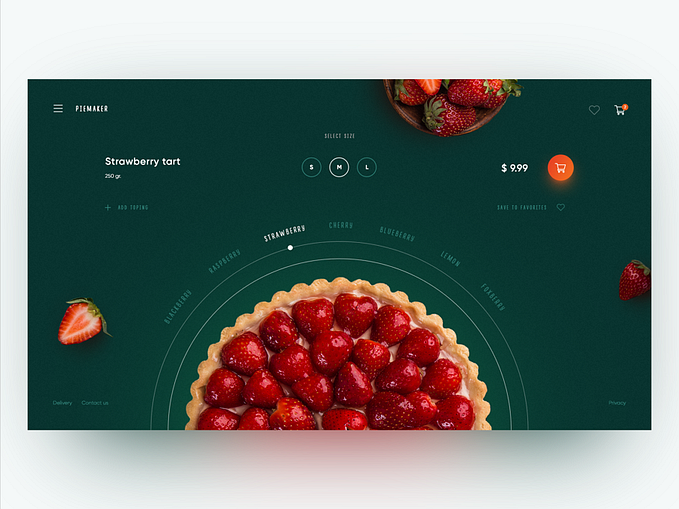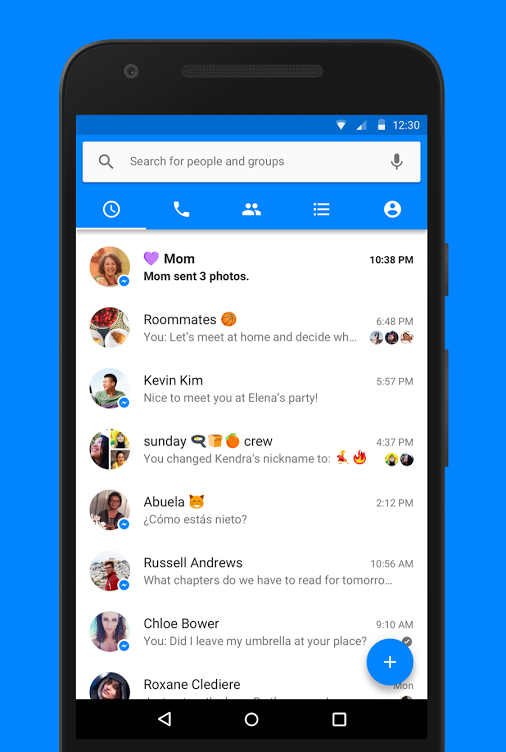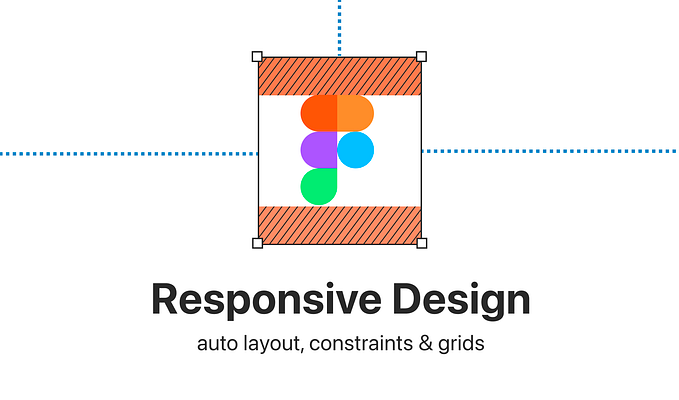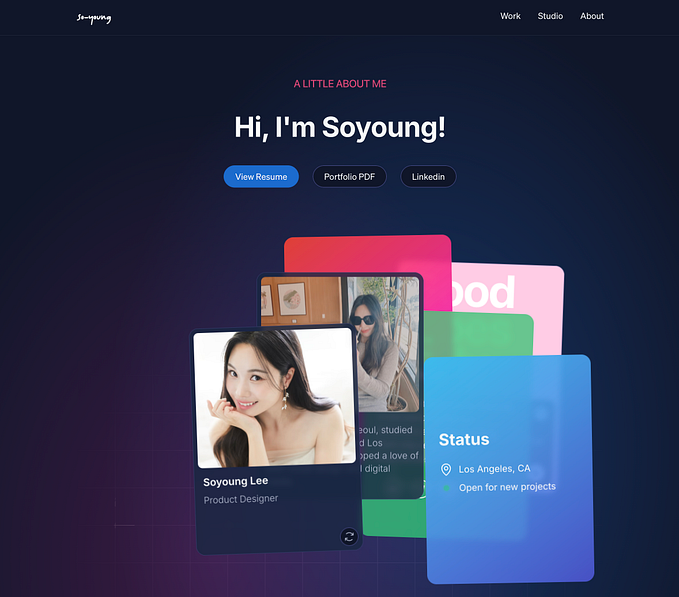The Impact of Artificial Intelligence on User Experience
Artificial intelligence (AI) is a rapidly growing field that is changing the way we live and interact with technology. In the field of user experience (UX) design, AI has the potential to revolutionize the way we create and design products and services. By understanding the ways in which AI can enhance user experience, designers can create more intuitive and efficient designs that improve the overall user experience.

One of the most significant impacts of AI on UX is the ability to personalize user experiences. With AI, designers can create customized experiences for each individual user based on their unique preferences and behaviors. For example, a music streaming service might use AI to recommend songs to a user based on their listening history, or a news app might use AI to curate a personalized news feed for each user. Personalization can lead to increased engagement and satisfaction for users, as they feel that the product or service is tailored specifically to their needs and interests.
Another area where AI can enhance UX is through predictive analytics. By analyzing patterns in user data, AI can make predictions about future user behavior and suggest actions or information that might be relevant to the user. For example, a travel app might use AI to predict when a user is likely to book a trip based on their past booking history and suggest relevant travel options or discounts. Predictive analytics can save users time and effort by presenting them with relevant information before they even know they need it.
AI can also improve the efficiency of UX design by automating tasks that would otherwise be time-consuming for humans. For example, AI can be used to analyze user data and identify patterns or trends that might not be immediately apparent to a human designer. This can help designers identify areas of a product or service that might need improvement, allowing them to make more informed design decisions. Additionally, AI can be used to generate design ideas or prototypes, saving designers time and effort during the design process.
One of the challenges of incorporating AI into UX design is ensuring that it is used in a way that is intuitive and easy for users to understand. In order for AI to be effective in improving user experience, it must be seamlessly integrated into the design of the product or service. This means that designers must carefully consider how AI will be used and ensure that it does not create unnecessary complexity for the user.
Another issue to consider is the ethical implications of using AI in UX design. As AI becomes more prevalent in products and services, it is important for designers to consider the potential impacts on users and society as a whole. For example, designers should consider the ways in which AI could be used to manipulate or exploit users, and take steps to ensure that it is used ethically and responsibly.
Overall, the impact of AI on UX design is significant and will likely continue to grow in the coming years. By understanding the ways in which AI can enhance user experience, designers can create more intuitive and efficient designs that improve the overall user experience. However, it is important for designers to consider the ethical implications of using AI and ensure that it is used in a way that is intuitive and easy for users to understand










